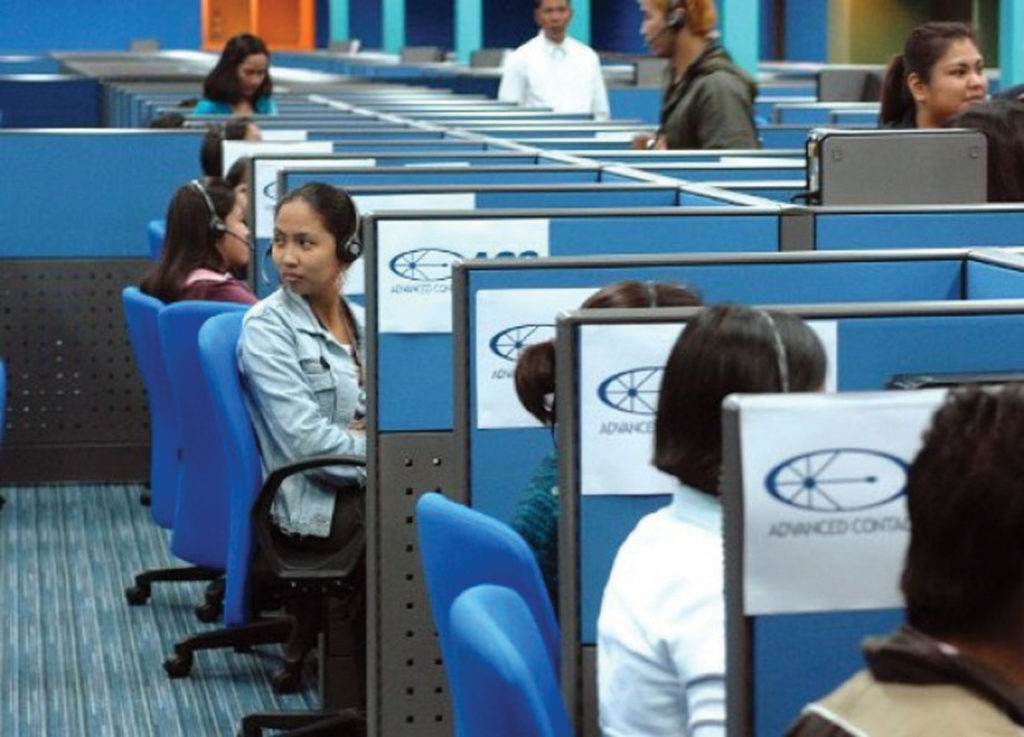
The Philippines would be the ‘biggest loser’ in Asia if United States President Donald Trump follows through with his threat to punish American firms that outsource jobs, an independent economic research company has claimed.
In Capital Economics’ recent research brief entitled “Winner and losers from the trade war,” it was revealed that the trade war between the U.S. and China poses a major threat to economies in emerging Asia, which would tip several countries’ economies into a recession.
“The trade war between the U.S. and China so far appears to have had a small negative impact on most of the region, although some countries, most notably Vietnam, look to be benefiting as U.S. demand has shifted away from China towards alternative suppliers,” the brief said.
It added that in the event of a global trade war, “a number of the region’s economies would be tipped into recession, while no part of Emerging Asia would escape unscathed.”
Capital Economics noted that the Philippines is not as dependent on the goods trade to power its economy as its neighbors are, but it does have a robust services sector in which American firms are major players.
“The Philippines would be the biggest loser if Trump followed through on his threat to punish American companies that outsource jobs abroad,” Capital Economics said, adding, “The Philippines has a thriving business process and IT outsourcing sector, which last year brought in revenues equivalent to around 10 percent of GDP.”
The firm said that while the effect of a prolonged trade war between the world’s two largest economies would be more damaging to economies that primarily engage in goods trade, the consequences for economies with strong service sector like the Philippines may result into greater stagnation due to maintaining barriers.
“The long-run consequences would be even bigger if the world also maintained barriers to trade in services and information, to foreign direct investment, and to migration. In this case, there may be a much bigger global downturn, or indeed a long period of stagnation,” it said.






